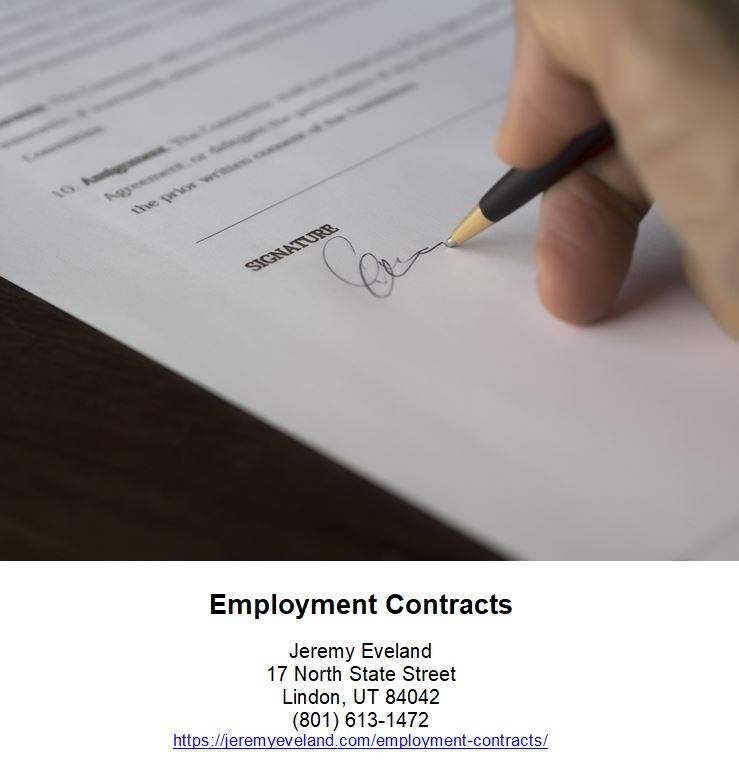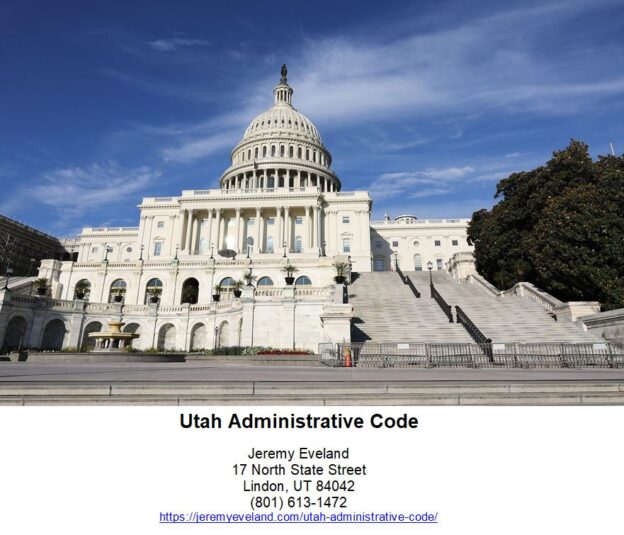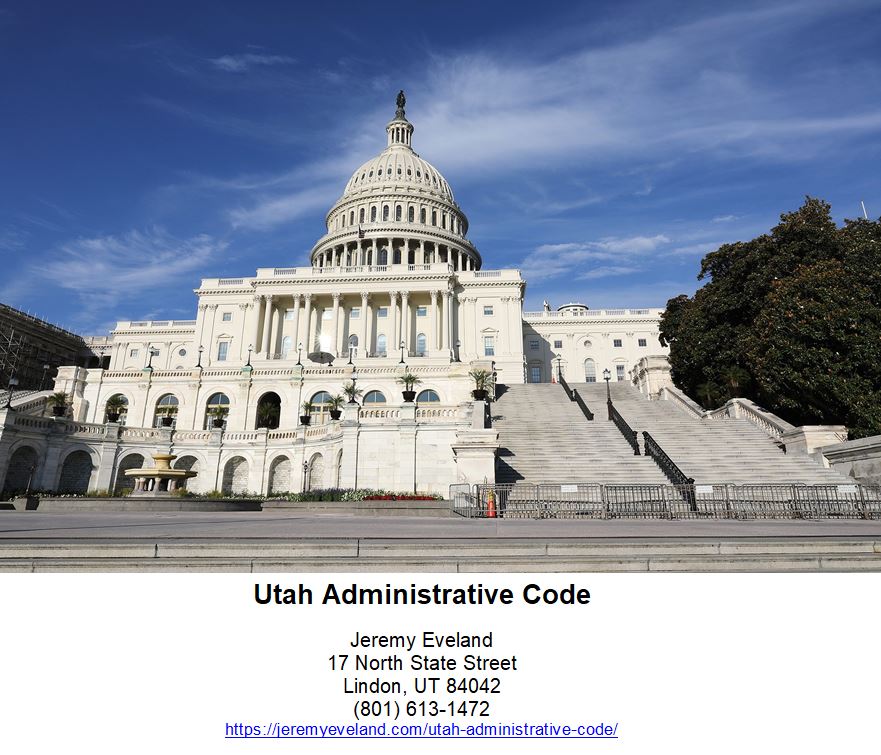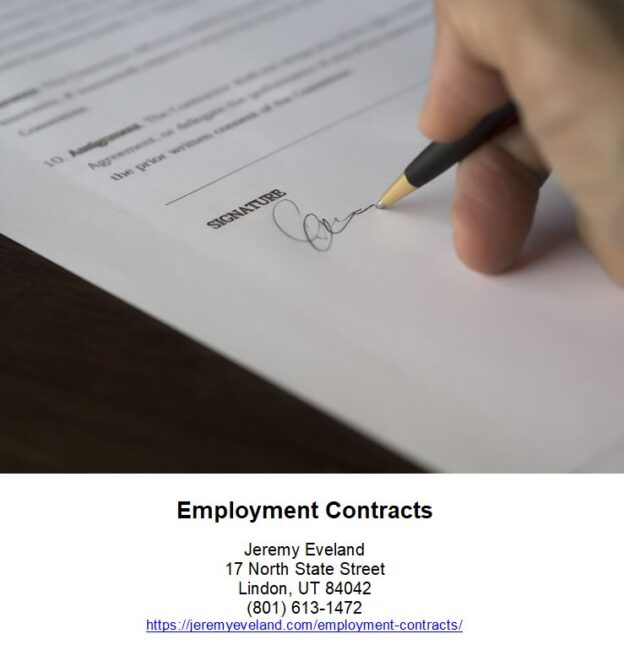Employment Contracts
“Secure Your Future with an Employment Contract!”
Introduction
An employment contract is a legally binding agreement between an employer and an employee that outlines the terms and conditions of the employment relationship. It is important for both parties to understand the terms of the contract and to ensure that they are in agreement with them. The contract should include details such as the job title, salary, benefits, hours of work, and any other relevant information. It is important to note that an employment contract is not the same as an employment agreement, which is a more general document that outlines the general terms of the employment relationship.
The Benefits of Having an Employment Contract in Place
Having an employment contract in place is beneficial for both employers and employees. An employment contract is a legally binding document that outlines the rights and responsibilities of both parties. It is important to have an employment contract in place to ensure that both parties understand their obligations and to protect their interests.
For employers, an employment contract can provide clarity and certainty about the terms of the employment relationship. It can help to protect the employer’s interests by setting out the employee’s duties and responsibilities, as well as the employer’s expectations. It can also help to protect the employer from potential legal action by setting out the terms of the employment relationship in a clear and unambiguous manner.
For employees, an employment contract can provide security and peace of mind. It can help to ensure that the employee’s rights are respected and that they are treated fairly. It can also provide clarity about the terms of the employment relationship, such as the employee’s salary, benefits, and working hours.
An employment contract can also help to ensure that both parties are aware of their obligations and can help to avoid misunderstandings or disputes. It can also help to ensure that both parties are aware of their rights and responsibilities in the event of a dispute or termination of the employment relationship.
It is a good idea for employers to use employment contract templates, as these can help to ensure that the contract is legally compliant and tailored to the business’s needs. These templates can be found online, in legal advice publications, and from employment law firms. It is also worth seeking advice from a labor relations agency or CIPD about the details of the contract and how to ensure it meets all legal requirements. Remember, the examples here are just examples, nothing more. You must seek the advice of counsel when you draft or negotiate an employment contract. Don’t use the information here as legal advice because it isn’t.
In essence, having an employment contract in place is beneficial for both employers and employees. It can help to protect the interests of both parties and can provide clarity and certainty about the terms of the employment relationship. It can also help to ensure that both parties are aware of their rights and responsibilities and can help to avoid misunderstandings or disputes.
What to Do if Your Employment Contract is Breached
If your employment contract has been breached, it is important to take action to protect your rights. Here are some steps you can take:
1. Review the Contract: Carefully review the contract to determine what rights and obligations you and your employer have. Make sure you understand the terms of the contract and the specific breach that has occurred.
2. Document the Breach: Document the breach in writing, including the date, time, and details of the breach. Keep copies of any relevant documents or emails.
3. Contact Your Employer: Contact your employer to discuss the breach and attempt to resolve the issue. If possible, try to negotiate a resolution that is satisfactory to both parties.
4. Seek Legal Advice: If you are unable to resolve the issue with your employer, you may need to seek legal advice. A lawyer can help you understand your rights and advise you on the best course of action.
5. File a Claim: If the breach is serious enough, you may need to file a claim with the appropriate court or tribunal. This could include filing a lawsuit or making a complaint to a government agency.
By taking these steps, you can protect your rights and ensure that your employer is held accountable for any breach of your employment contract.
How to Negotiate an Employment Contract
Negotiating an employment contract can be a daunting task, but it is important to ensure that the terms of the contract are fair and beneficial to both parties. Here are some tips to help you successfully negotiate an employment contract.
1. Research: Before entering into negotiations, it is important to research the industry standards for the position you are applying for. This will give you an idea of what is considered fair and reasonable in terms of salary, benefits, and other terms of the contract.
2. Know Your Value: It is important to know your worth and to be confident in your abilities. Do not be afraid to ask for what you believe you are worth.
3. Be Prepared: Before entering into negotiations, it is important to have a clear understanding of what you want from the contract. Make sure to have a list of your desired terms and conditions ready to discuss.

4. Listen: During negotiations, it is important to listen to the other party and to be open to compromise. Be willing to negotiate and to make concessions if necessary.
5. Get it in Writing: Once an agreement has been reached, make sure to get the terms of the contract in writing. This will ensure that both parties are held to the same standards and that the agreement is legally binding.
By following these tips, you can successfully negotiate an employment contract that is fair and beneficial to both parties.
What to Look for in an Employment Contract
When reviewing an employment contract, it is important to pay close attention to the details. Here are some key points to consider:
1. Job Description: The contract should clearly outline the job duties and responsibilities. It should also specify the expected hours of work and any overtime requirements.
2. Compensation: The contract should specify the salary or hourly rate, as well as any bonuses or other forms of compensation. It should also outline any benefits, such as health insurance or vacation time.
3. Termination: The contract should specify the conditions under which the employment may be terminated, as well as any severance pay or other benefits that may be provided.
4. Non-Compete Clause: The contract should specify any restrictions on the employee’s ability to work for a competitor or start a competing business.
5. Confidentiality: The contract should specify any confidential information that the employee is not allowed to disclose.
6. Intellectual Property: The contract should specify who owns any intellectual property created by the employee during the course of their employment.
7. Dispute Resolution: The contract should specify how any disputes between the employer and employee will be resolved.
By carefully reviewing an employment contract, you can ensure that your rights and interests are protected.
Understanding Your Rights Under an Employment Contract
Employment contracts are legally binding documents that outline the rights and responsibilities of both the employer and the employee. It is important to understand your rights under an employment contract to ensure that you are being treated fairly and that your rights are being respected.
The first right that you have under an employment contract is the right to receive fair compensation for your work. This includes wages, bonuses, and other forms of compensation. Your contract should specify the amount of compensation you will receive and when it will be paid.
The second right that you have under an employment contract is the right to a safe and healthy work environment. Your employer is responsible for providing a workplace that is free from hazards and risks. This includes providing adequate safety equipment and training, as well as ensuring that the workplace is free from discrimination and harassment.
The third right that you have under an employment contract is the right to reasonable working hours. Your contract should specify the hours that you are expected to work and the amount of overtime that you are allowed to work. Your employer should also provide you with reasonable breaks throughout the day.
The fourth right that you have under an employment contract is the right to privacy. Your employer should not share your personal information with anyone without your consent. This includes information about your salary, benefits, and other personal information.
The fifth right that you have under an employment contract is the right to be treated with respect. Your employer should treat you with respect and dignity and should not discriminate against you based on your race, gender, religion, or any other protected characteristic.
Finally, you have the right to be free from retaliation if you exercise any of your rights under an employment contract. Your employer cannot retaliate against you for filing a complaint or for exercising any of your rights.
Understanding your rights under an employment contract is essential to ensuring that you are treated fairly and that your rights are respected. If you have any questions or concerns about your rights, it is important to speak to your employer or a qualified legal professional.
What are Common Provisions in an Employment Contract?
An employment contract is a legally binding agreement between an employer and an employee that outlines the terms and conditions of the employment relationship. Common provisions in an employment contract include:
1. Job Description: A detailed description of the job duties and responsibilities of the employee.
2. Compensation: The salary or wages to be paid to the employee, as well as any bonuses, commissions, or other forms of compensation.
3. Benefits: Any benefits provided to the employee, such as health insurance, vacation time, or other perks.
4. Termination: The conditions under which the employment relationship may be terminated, including any notice period or severance pay.
5. Non-Compete Clause: A clause that prohibits the employee from working for a competitor or starting a competing business.
6. Confidentiality: A clause that requires the employee to keep certain information confidential.
7. Intellectual Property: A clause that outlines who owns any intellectual property created by the employee during the course of their employment.
8. Dispute Resolution: A clause that outlines how any disputes between the employer and employee will be resolved.
Non-Solicitation Clause in an Employment Contract
This Non-Solicitation Clause (the “Clause”) is included in the Employment Contract (the “Contract”) between [Employer] and [Employee], dated [date].
The Employee agrees that during the term of the Contract and for a period of [time period] after the termination of the Contract, the Employee shall not, directly or indirectly, solicit, induce, or attempt to induce any employee of the Employer to terminate his or her employment with the Employer.
The Employee further agrees that during the term of the Contract and for a period of [time period] after the termination of the Contract, the Employee shall not, directly or indirectly, solicit, induce, or attempt to induce any customer, client, supplier, or other business relation of the Employer to cease doing business with the Employer.
The Employee acknowledges that any breach of this Clause shall cause irreparable harm to the Employer and that the Employer shall be entitled to seek injunctive relief in addition to any other remedies available at law or in equity.
The Employee agrees that this Clause shall be binding upon the Employee, the Employer, and their respective successors, assigns, and legal representatives.
This Clause shall be governed by and construed in accordance with the laws of [state].
IN WITNESS WHEREOF, the parties have executed this Non-Solicitation Clause as of the date first written above.
[Employer]
[Employee]
Confidentiality Provision in an Employment Contract
The Employer and Employee agree to maintain the confidentiality of all information related to the business of the Employer, including but not limited to trade secrets, customer lists, pricing information, and other proprietary information. The Employee agrees not to disclose any such information to any third party without the prior written consent of the Employer. The Employee further agrees to take all reasonable steps to protect the confidentiality of such information. The Employee agrees to return all documents and other materials containing such information to the Employer upon termination of employment. The Employee also agrees not to use any such information for any purpose other than the performance of his/her duties as an employee of the Employer. This provision shall survive the termination of the Employee’s employment.
Non-Compete or Non-Competition Provisions
Non-compete or non-competition provisions are contractual clauses that restrict an employee’s ability to compete with their employer after the employment relationship has ended. These provisions are designed to protect the employer’s confidential information, trade secrets, and other proprietary information.
Non-compete provisions typically prohibit an employee from working for a competitor, soliciting customers, or starting a competing business for a certain period of time after the employment relationship has ended. The scope of the restriction is typically limited to a specific geographic area and type of business.
Non-compete provisions are generally enforceable in most states, provided they are reasonable in scope and duration. Courts will typically consider the following factors when determining the enforceability of a non-compete provision: the duration of the restriction, the geographic scope of the restriction, the type of activities prohibited, and the employer’s legitimate business interests.
Employers should be aware that non-compete provisions can be difficult to enforce and may be subject to challenge in court. Therefore, employers should ensure that any non-compete provisions they include in employment agreements are reasonable and tailored to their specific business needs.
Q&A
Q: What is an employment contract?
A: An employment contract is a legally binding agreement between an employer and an employee that outlines the terms and conditions of the employment relationship. It typically includes details such as job duties, salary, benefits, and termination procedures.
Q: What should be included in an employment contract?
A: An employment contract should include the job title, job description, salary, benefits, hours of work, vacation and sick leave, termination procedures, and any other relevant information.
Q: Is an employment contract legally binding?
A: Yes, an employment contract is a legally binding agreement between an employer and an employee.
Q: What happens if an employee breaches an employment contract?
A: If an employee breaches an employment contract, the employer may be able to take legal action against the employee. This could include seeking damages or terminating the employment relationship.
Q: Can an employment contract be changed?
A: Yes, an employment contract can be changed, but any changes must be agreed upon by both parties and documented in writing.
Q: What is the difference between an employment contract and an employment agreement?
A: An employment contract is a legally binding agreement between an employer and an employee that outlines the terms and conditions of the employment relationship. An employment agreement is a less formal document that outlines the expectations of the employer and employee.
Q: What is the difference between an employment contract and a collective agreement?
A: An employment contract is a legally binding agreement between an employer and an employee that outlines the terms and conditions of the employment relationship. A collective agreement is a legally binding agreement between an employer and a union that outlines the terms and conditions of employment for all employees in a particular bargaining unit.
Q: What is the difference between an employment contract and a non-compete agreement?
A: An employment contract is a legally binding agreement between an employer and an employee that outlines the terms and conditions of the employment relationship. A non-compete agreement is a legally binding agreement between an employer and an employee that restricts the employee from working for a competitor or starting a competing business.
Q: What is the difference between an employment contract and a confidentiality agreement?
A: An employment contract is a legally binding agreement between an employer and an employee that outlines the terms and conditions of the employment relationship. A confidentiality agreement is a legally binding agreement between an employer and an employee that restricts the employee from disclosing confidential information.
Health Care Directive Consultation
When you need legal help with a Health Care Directive call Jeremy D. Eveland, MBA, JD (801) 613-1472 for a consultation.
Jeremy Eveland
17 North State Street
Lindon UT 84042
(801) 613-1472
Home
Related Posts
Artificial Intelligence
Irrevocable Life Insurance Trusts
What Is The Purpose Of A Business Attorney?
Commercial Lease Lawyer
Business Transaction Lawyer Provo Utah
What Is An LLC?
Boutique Law Firm
Contract Negotiation
Employment Law
Trusted Personal Injury Attorneys in Utah
Tort Law
Legal Requirements to Start a Business
Contract Law for Businesses
Business Law and Taxes
Contract Lawyer
Real Estate Attorneys in Salt Lake City Utah
Probate Law
Business Contract Lawyer Riverton UT
Utah Estate Planning
Business Law and Intellectual Property
Commercial Litigation Strategies
Estate Planning Lawyer
Revocable Living Trust
Estate Planning Lawyer Salt Lake City Utah
Durable Power of Attorney
Health Care Directive
Employment Contracts

























